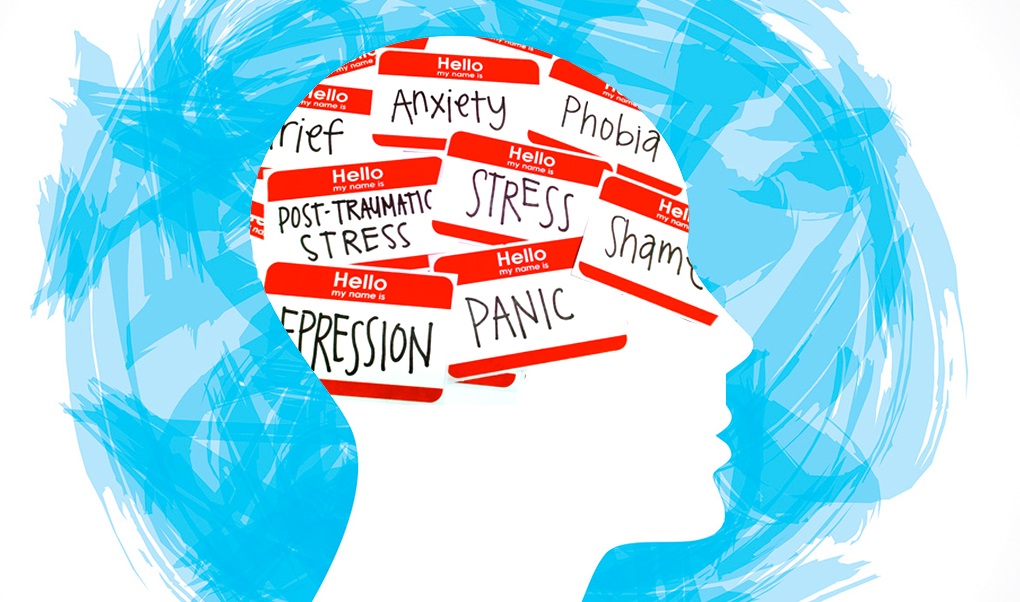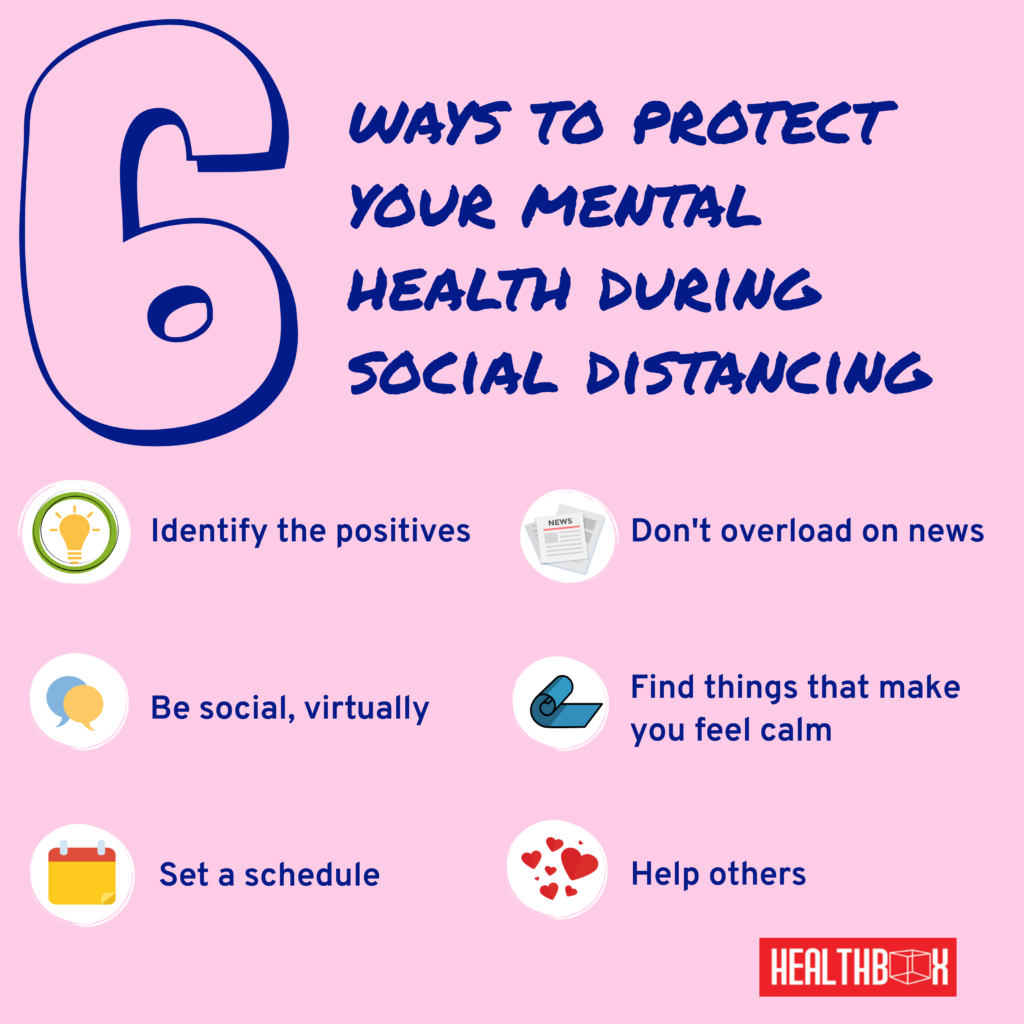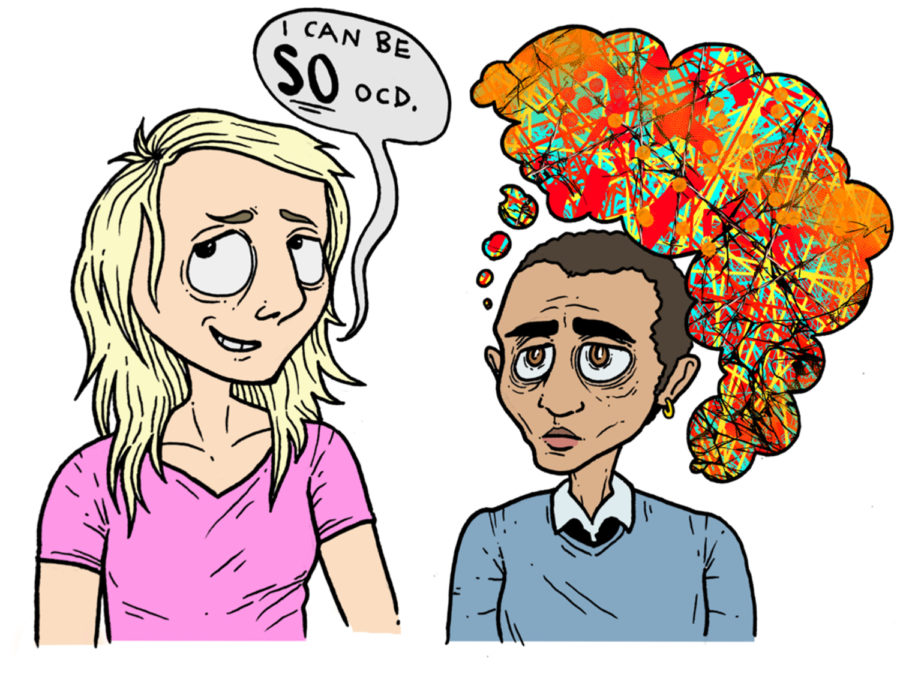It’s okay not to be okay! – Savannah Collis

Monday 10th to Sunday 16th is mental health awareness week, a time to reflect on our mental health, learn about it and look forward to getting collective better mental health for all. Mental health is becoming an increasingly talked about topic which is so good and to break down stigmas and deconstruct stereotypes surrounding mental illnesses is really positive.
During mental health awareness week take time to reflect on the state of your mental health, how you can improve it and how you can help others with their mental health. Be more mindful and open to practicing self-care, make yourself and your health a priority. There are a multitude of ways you can practice self-care and mindfulness and I have written several articles on this so take time this week and outside of this week to practice self-care.

This week is important to raise awareness of those with mental health whether they’re aware they suffer with mental health issues or not, letting people know it’s okay to not be okay. Getting the ball rolling for the conversation of mental health can make people feel much more comfortable with expressing their feelings and allows you to get a better understanding of what people you know may be suffering from or just better general knowledge on mental health.
The most common types of mental illnesses include anxiety disorders (OCD, social anxiety disorder, panic disorder etc), mood disorders (Bipolar, depression etc), psychotic disorders (schizophrenia etc), eating disorders (anorexia, binge eating disorder etc). They are very common and it’s likely you know someone suffering from one or more of these illnesses.

Here’s how you can help someone suffering with mental health issues:
- Don’t pressure them
- Try to be understanding
- Offer a space to talk
- Be accepting
- Try not to be critical
- Offer to get help clinical or from a support network
- Let them know you are there for them
- Try not to get frustrated
- Don’t make any assumptions as to the cause of their illness.
- Most importantly: LOOK AFTER YOURSELF.
As heroic as it is to offer support, your own mental health is just as important and it can be a lot to take on, hence people being trained to deal with these conditions. Don’t be too hard on yourself and keep a balance between helping them and helping yourself.
(Here is a link for further info on how to help: https://www.mind.org.uk/information-support/helping-someone-else)
If you feel affected by any of the topics raised in this article, then please talk to someone. There is a myriad of support for you from school: talk to your teachers, health centre, anonymous whisper and home: your friends and family. Don’t suffer in silence!















Post Comment
You must be logged in to post a comment.